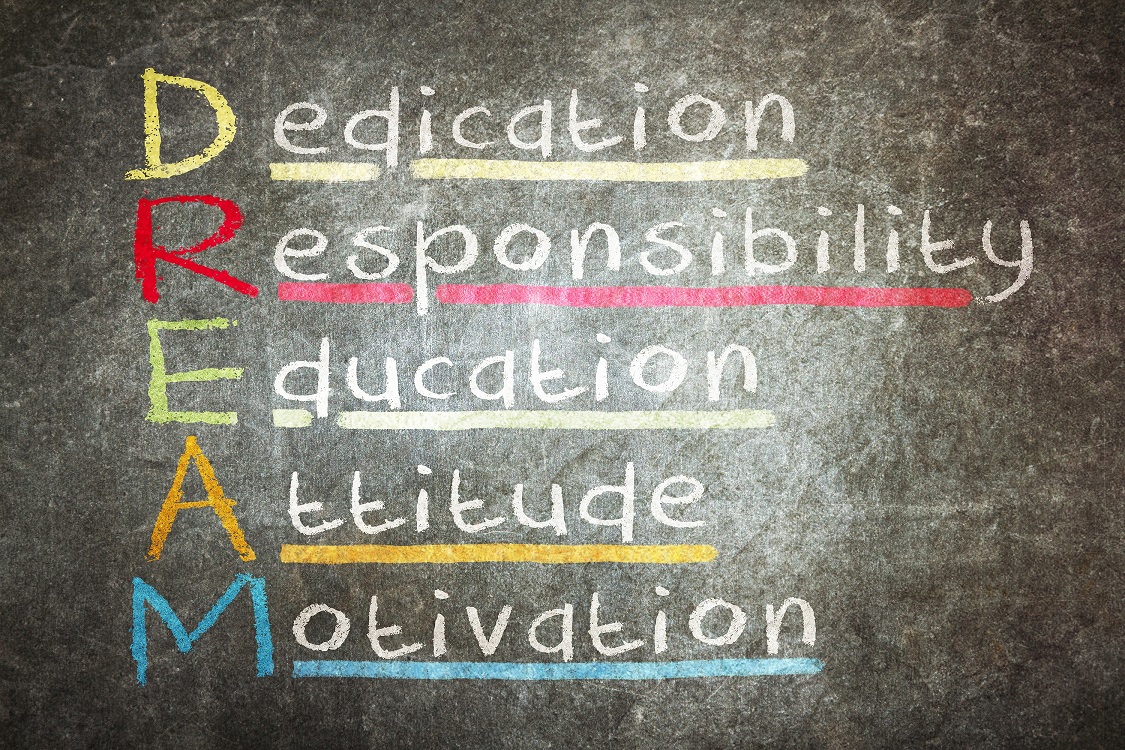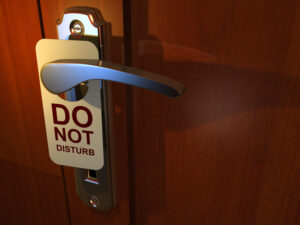Simple Skills for School Success
Summer is coming to a close, which for families means one thing: school is back in session. No more sleeping in until noon, spending the day playing outside or lounging around watching TV. Now it’s time for waking up early, spending all day inside a classroom, coming home to do homework, to go to sleep early to do it all over again the next day. In other words, it’s time for routine again.
Many things can make this transition difficult, but there are also ways to help make it easier for kids, teenagers, and even adults. By honing executive functioning skills, everyone can become more organized inside and out, ready to take on the day.
What are executive functioning skills?
Executive functioning skills are those skills necessary for everyday functioning. There are two main categories: behavioral and thinking skills. They are things such as the ability to complete tasks (behavioral), make decisions (thinking), and stay in control of emotions (behavioral). Both are equally important in helping a child make progress towards being an independent, fully functioning adult.
School strategies
There are a variety of ways to establish routine and begin honing these skills. Start with the ones that need strengthening first. When it comes to school, planning and time management are crucial skills, along with task initiation and persistence (not procrastinating). Teenagers may be able to do many of these things on their own, but if you have younger children, feel free to help them out.
- Buy a calendar – or if you’re crafty, make one. Find ways of organizing deadlines, appointments, and events in one location that’s easy to see.
- Set a specific time and place to do homework – preferably free from distractions like TV or cell phones. Consistency will train the brain to get into “work” mode before sitting down to tackle another math problem.
- Create a reward system – that will help motivate you to get things done. Instead of punishing yourself for not doing something, treat yourself when you finish a goal.
Start young
The earlier you start training the brain, the easier it is to form good, lasting habits. But don’t freak out if this is the first time hearing about these skills! Brains are resilient and maintain plasticity throughout a person’s entire lifetime. That’s a fancy way of saying that brains can be trained to learn new habits at any age, though it does take less time at a younger age.
Be age appropriate
Executive functioning skills are naturally honed over time, which means that as a child’s brain grows, so will its ability to function well. As a parent helping to train a young one’s mind, it is important to remember that a 6-year-old will not have the same abilities as a 16-year-old, no matter how much they practice.
Helpful Tips:
- Modify chores or to-do lists to keep in mind a child’s ability
- Keep in mind the child’s attention span
Check out Harvard’s free activity guide for help finding activities for the right age group.
Adults can do it too!
It’s important that parents play an active role in developing their child’s skills, since environment plays as big of a role as biology. However, you can only teach as much as you know. Try keeping a consistent schedule for yourself or creating your own reward system for goals you want to reach. It’ll help you stay on track, and you’ll be setting a great example for your kids.
Reference:
Dawson, P. and R. Guare (2009). Smart but scattered. New York: Guilford Press.
For more information:
Understanding Executive Functioning
Executive Function Is Key to Student Achievement
What is Executive Functioning? Video
 Contributed by Elisa Squier, M.MFT, LMFT Associate
Contributed by Elisa Squier, M.MFT, LMFT Associate
Clinical Supervision by Amy Fuller, PhD, LMFT-S, LPC-S









